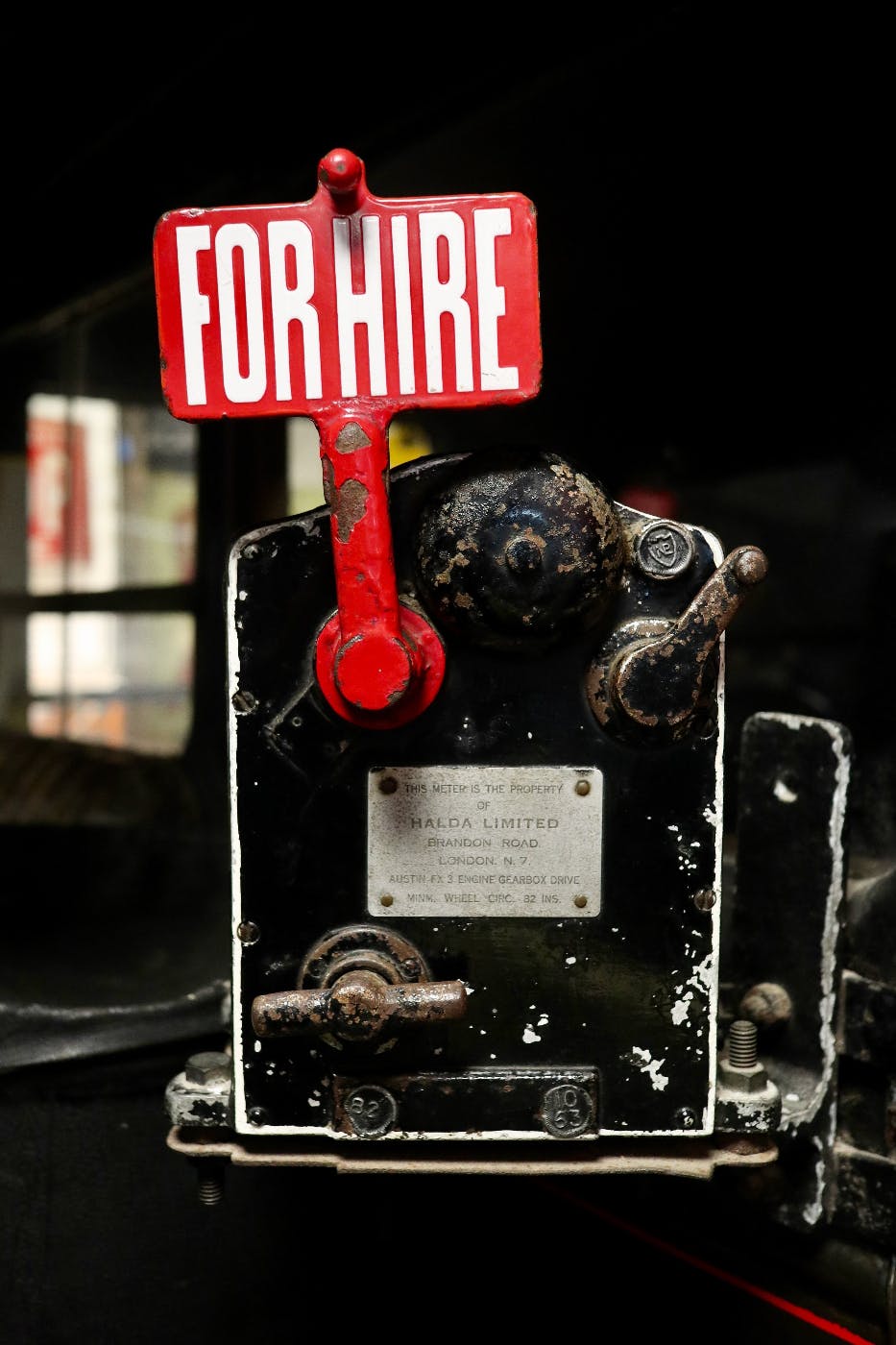

This is a challenging time. The economy, though facts and figures show things are pretty good, it takes a long time to reach everyone in the country. All of that affects the worker and the workplace.
Quiet quitting, quiet hiring, quiet firing, the workplace trends spawned by the pandemic are growing in number and severity. We had the great Resignation, where millions of people said, nope, this isn't the life I want, and left their jobs, hopefully for greener pastures. Trunks out that about 80% of those who rode the resignation wave regret their choice.
This is a challenging time. The economy, though facts and figures show things are pretty good, it takes a long time to reach everyone in the country. Our political world is running amok. All of that affects the worker and the workplace.
Let’s look at presenteeism and resenteeism and offer you some ways to combat them, Both as a manager and an employee.
Presenteeism
Like the growing list of workplace grievances, presenteeism is another result of the pandemic, the need for work-life balance, and general dissatisfaction at work. But presenteeism is a little different because, on the surface, it seems not so bad.
Presenteeism is where workers show up and punch in even when they are sick or overly tired. They are present, but they could be more productive on a level that helps the company. According to a study by PubMed.gov, presenteeism costs US companies $150 billion yearly.
There are a few factors that go into building up toward presenteeism. Some employees say excessive workloads drive them, also tight deadlines or a shortage of staffing. We can thank the great resignation for that.
These factors lead to presenteeism because workers feel they need to hit unreasonable targets and fear taking days off because they don’t want to overburden their co-workers. There are other factors too,
- Unrealistic expectations by their employer
- Job insecurity
- A culture that sees being sick as weak or somehow socially unacceptable.
Presenteeism is most common in,
- Older workers
- People who suffer from insomnia
- People with mental health issues like depression
- Those with unhealthy lifestyles, eating poorly, and not exercising enough.
But what’s the difference between someone exhibiting presenteeism signs and someone just having an off day? HR experts tell us that there are a few signs that employers need to be watchful for.
- A reduction in productivity by individuals who were once highly productive
- Consistently arriving late and leaving early
- Looking sickly, run-down, pale, and the like
- Working longer hours despite being tired
Some may think these people, showing up for work even when sick, are loyal, good workers, but that’s not always the case, and presenteeism may be bad for your company.
Why it’s bad

It’s bad. Simple as that. Presenteeism in the office is a sign that things are not good, either with the workplace or the employee.
If employees come in, even when sick, it’s usually triggered by an insecure job market, which means they may be stressed about losing their job, so they are working through it.
When a sick employee comes to the office, you’re looking at a significant reduction in productivity. Because the employee isn’t taking the time to recover, they will be sick longer, cutting productivity.
With a sick employee in the office, there is a chance they will spread whatever they're carrying to others. Then you’re looking at a workplace pandemic. Those who are not susceptible to presenteeism, the ones who will stay home to get better, which is the wise choice, will be out, and your office will be run by sick people who are working way below their productivity level. This worsens as time passes, and the money loss is dangerous.
What Does This Say About Management
If you’re an employer and you find that presenteeism is running rampant in your business, you need to take a moment and think about how that reflects on you and how you’re managing your teams.
Are people coming to work even when they’re sick because you’re asking too much of them? Are you setting up a workplace where being sick is “weak” and spreading insane ideas that only feeble people get sick? Are you forcing your employees to reach ridiculous goals and getting them there by using fear and threatening their jobs?
Yes, presenteeism is a singular action; the office doesn't get together and vote on it. The person showing up to work is making that choice despite knowing it’s unhealthy. However, there must be something beneath that choice. Do your employees get up in the morning, feel sick, but look in the mirror and say, I can’t take the day off; my boss will fire me?
Management style is causing employees to fear taking care of themselves. Coupled with the economy, the mass layoffs, and the great resignation, an employee may be an excellent worker. Still, if management is hardline, unforgiving, and somewhat inhuman, they could easily fall into presenteeism.
Resenteeism
Now we’ll take a look at this second phenomenon, resenteeism. This differs from presenteeism in a few ways, yet there are commonalities.
Resenteeism is the natural progression from quiet quitting. Resenteeism is when a worker stays at a job that is unsatisfying because they fear they have no place to go or job insecurity. So, they hate their job and don't feel motivated to produce at a high level, so they show up and punch in, but they actually check out.
These employees are not sick but mentally unchallenged and have decided to ride the situation out, pull a paycheck and be miserable for eight to ten hours in their day.
Some may have reached this stage because they feel undervalued and invisible or that their bosses don’t see them as people, individual human beings; instead, they see them under an umbrella; “Workers.”
Resenteeism is a spin-off of presenteeism. But the difference is with presenteeism, the workers show up and sometimes sign in to Slack, put their heads down, and just give the appearance of work. They are quiet about it and work much slower because they are ill.
With resenteeism, the workers are far less subtle. They do not attempt to hide their dissatisfaction with their situation. Sometimes their contempt bubbles over into arguments or other lousy workplace behavior.
While presenteeism does reduce a person’s productivity, resenteeism can affect the productivity of the entire office or department. A person exhibiting resenteeism can quickly gather others to their side because they are bored and unhappy. This could lead to a bit of a rebellion or the level of productivity falling off completely.
How to Counteract

Employees will get sick, and how you handle that will decide how the office runs and how people handle their situation.
If you’re sensing a growth in presenteeism, here are a few steps you can take to ensure it doesn’t take over the place.
Don’t ignore reality
In some organizations, employees coming to work, even when sick, are seen as being dedicated to the job and the company. The employee easily translates this as not being seen as an individual or human but as just a worker. That’s what prompted the great resignation, and it could be causing presenteeism or resenteeism.
This behavior of silently rewarding those who show up sick puts pressure on others to follow; even if the pressure is imagined, there will be a loss in morale, which could lead to physical or mental problems. Make it clear to all employees that you understand people get sick, and when they do, you want them to stay homie, take care of themselves and come back healthy and ready to work.
This eases the fear of being fired, and people understand that their health is just as important as their productivity.
What is the Root
If there have been resignations in the office, the result may be that others are now faced with impossible workloads and are forced to meet insane deadlines. This could be keeping them in the office, even when they’re sick, fearing a job loss, or worrying that their absence is putting undue strain on their co-workers.
Not wanting to burden co-workers may sound altruistic; however, look under the hood of that one. Is the office so overburdened that it’s becoming a hostile workplace? So, not wanting to burden a co-worker could actually mean they don’t want to suffer the wrath of a co-worker.
Managers need to be aware of the emotional and mental landscape of the workplace and develop the soft skills necessary to help those who need it, assuage fears, and assure workers that they can and should take time to get well.
Watch for Symptoms
Although managers may not have the wherewithal to help people struggling with mental issues, they need to be aware of the symptoms so they can step in and offer help. Most employees fear discussing mental health or physical health issues with their employers because they fear being perceived as weak or incapable. So, they bottle it up, and it festers.
Managers should have soft training so they can recognize and direct an employee who is in need. And this should not be done secretly. The more employees see that employers care about them and their mental and physical well-being, the less likely they are to show up and work when sick or incapable of being as productive as usual. Speaking and acting openly about the situation removes the stigma and helps employees understand that their health is a priority. This will reduce presenteeism.
They are People
When it comes to presenteeism, acknowledging that your employees are people with lives and needs outside the office is the first step to keeping presenteeism low.
The more you go beyond just their job description and understand them as people, you’ll find your employees not only take better care of themselves, but they also take better care of their job. One of the main complaints that sparked the great resignation was not being seen as or dealt with as humans. That’s an easy fix; they are humans, so give them their due.
As for Resenteeism

This may sound brutal, but it may be the answer. Resenteeism, as we've seen, is blatant, deliberate, and sometimes aggressive, and it causes negativity to permeate the entire operation.
Unlike presenteeism, where employees believe they are doing what’s right, resenteeism doesn’t care.
The best way to handle this is to listen to the employees and their grievances. Take the time to get to the root of the problem. They may need to be heard, and a meeting may do the trick. Be present, listen without prejudice, and hear what they have to say.
If they refuse the meeting or show up, and exhibit resenteeism behavior in the discussion, avoid talking about what’s troubling them or blame others for their lack of productivity, then tell them that maybe this isn’t the job for them. Offer help finding a new position, and write them letters of recommendation if you must. But, most importantly, if the employee exhibiting resenteeism doesn't want to change, you have to remove them, or their negativity will bring teh company down.
People with resenteeism choose to be disruptive and do only the minimum to keep the job. They are not genuinely contributing, and they are unhappy. Being told to leave may be the key they need.
You Make the Choice
No one should ask you to kill yourself for the job. No employer who berates or punishes you if you get sick and need time off to get well is worth working for. You are human, have rights, and have the right to expect certain things for your job.
The thing to remember is you have a choice. Yes, the job market is tight right now but is staying at a job that you hate so much you wouldn’t wish it on your worst enemy? The stress and the mental problems that come with staying at this kind of job are not worth it.
You, as an employee, have a choice. Take care of yourself, talk to management, and get policy changes made. Or, leave. Being resentful because you don’t like your job does hurt your employer, but it hurts you more. The hatred you have for your job will permeate your life. You will be miserable from waking to sleeping, and thinking that you’ll punish your employer by doing the bare minimum will not bring you any relief.
Make the intelligent choice, take care of yourself, and get in a better mental space, and you’ll be happier. And, if you leave, having a better mental attitude can help you find the job you want.
Make a positive choice.
